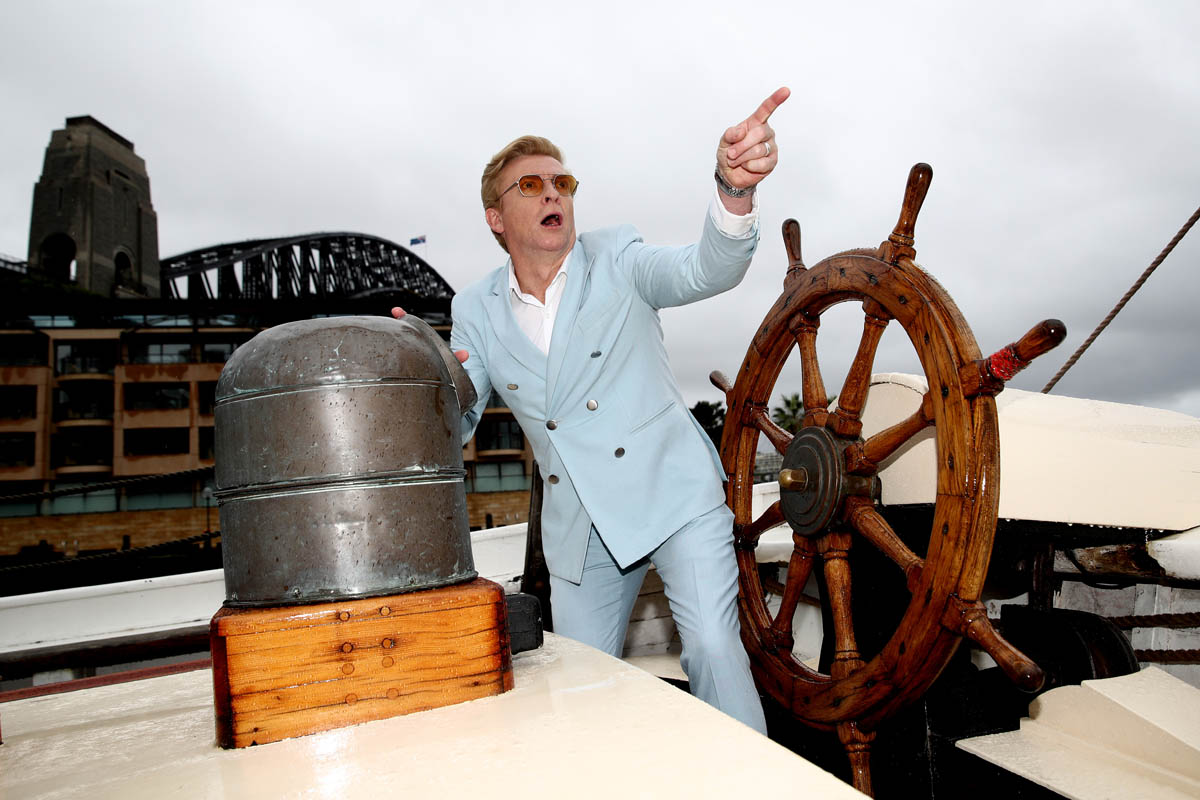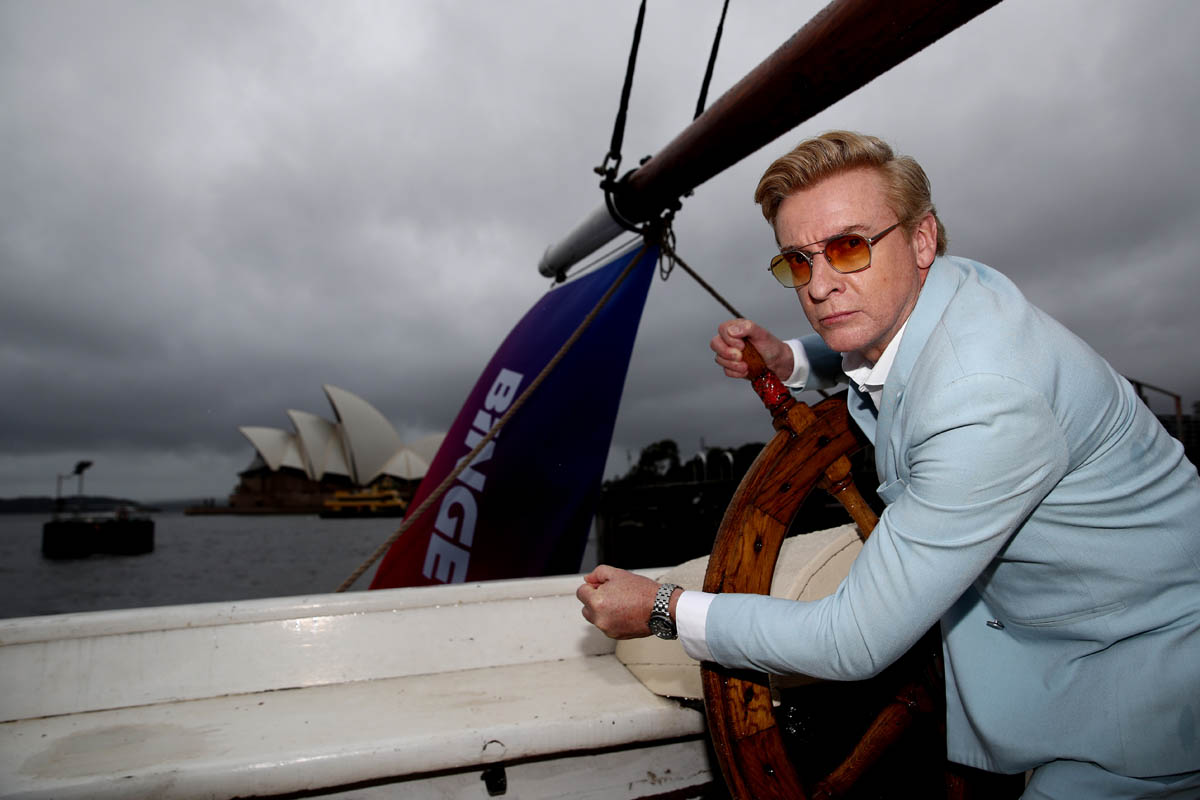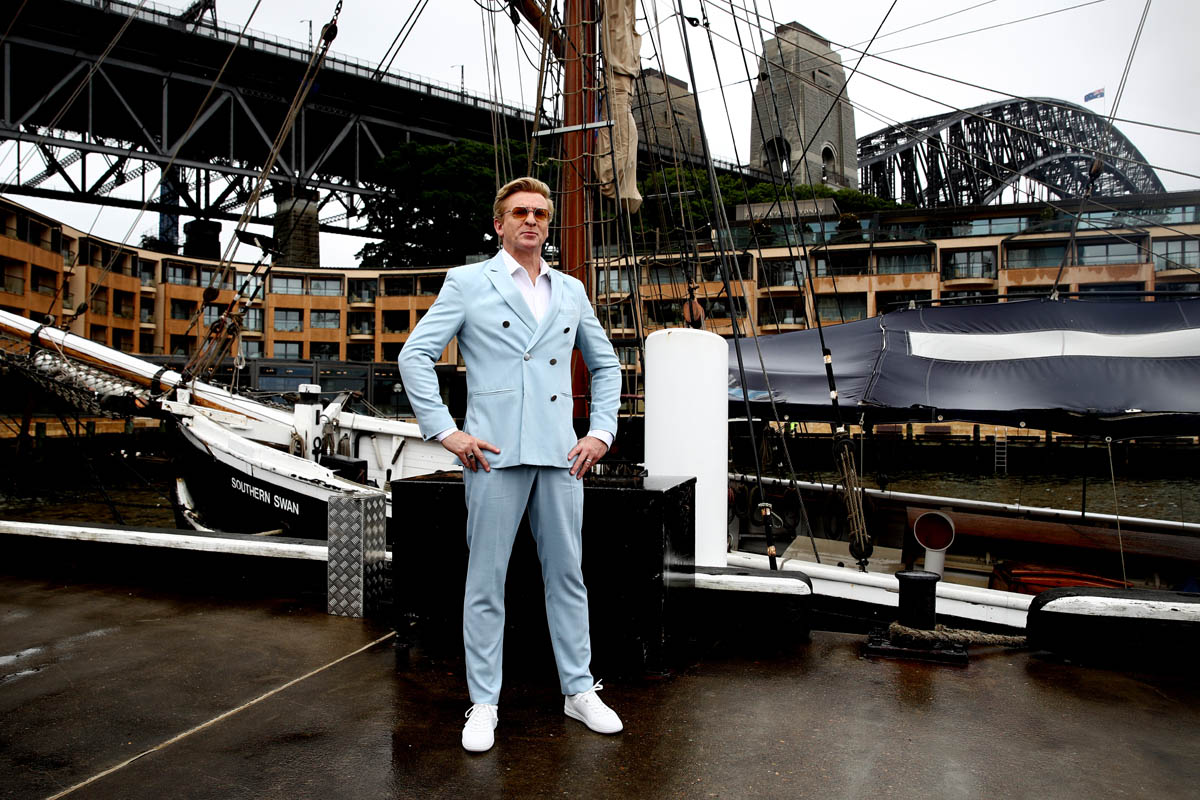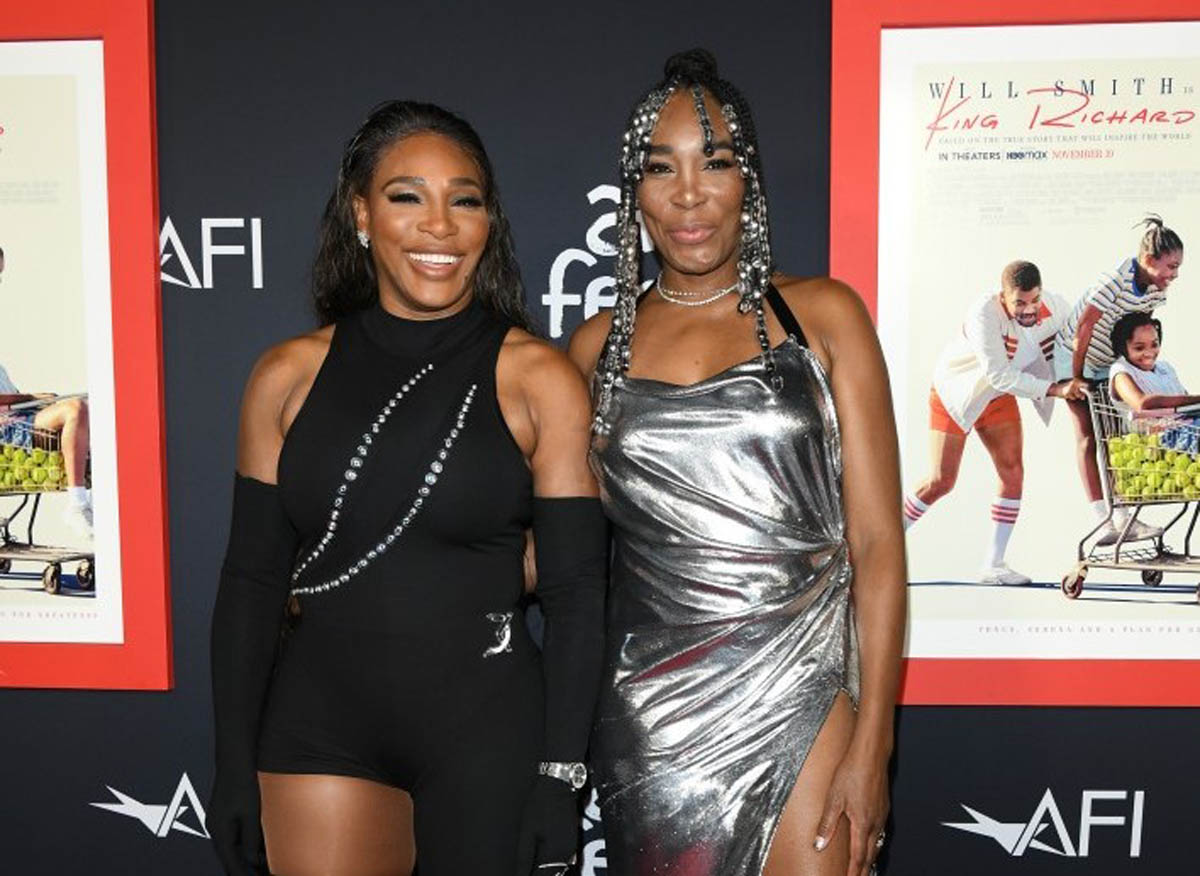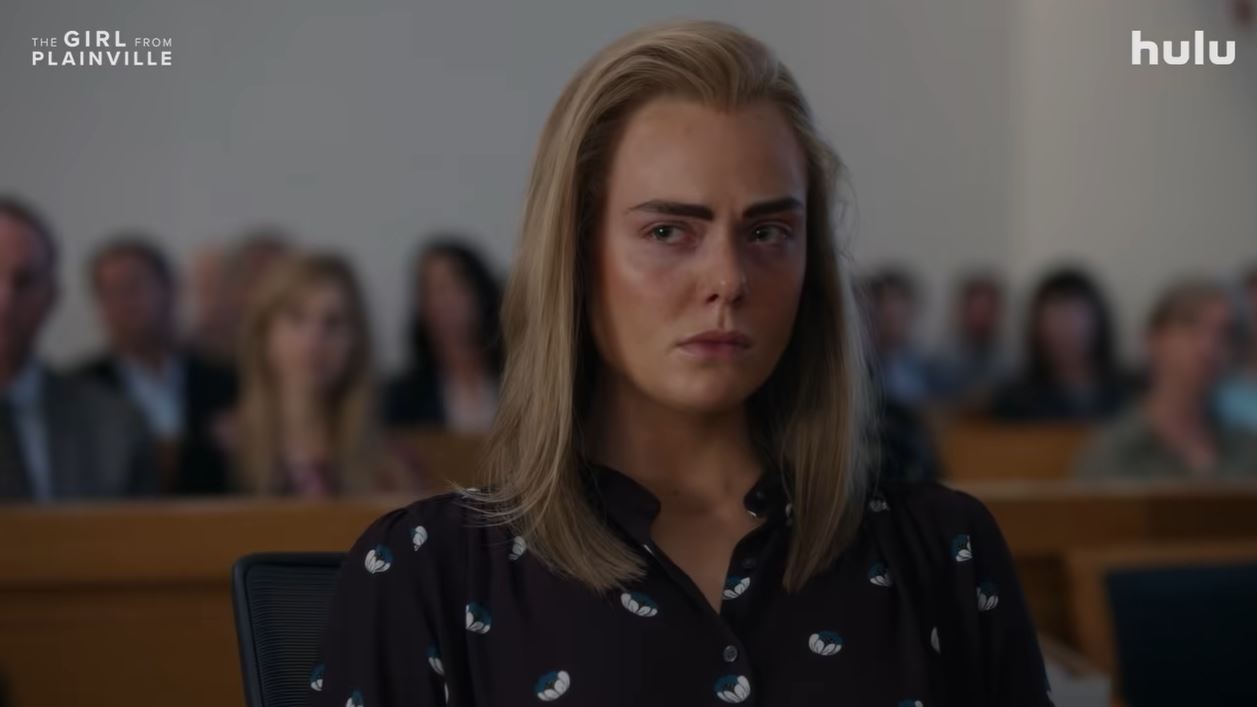Rhys Darby and Taika Waititi in Our Flag Means Death


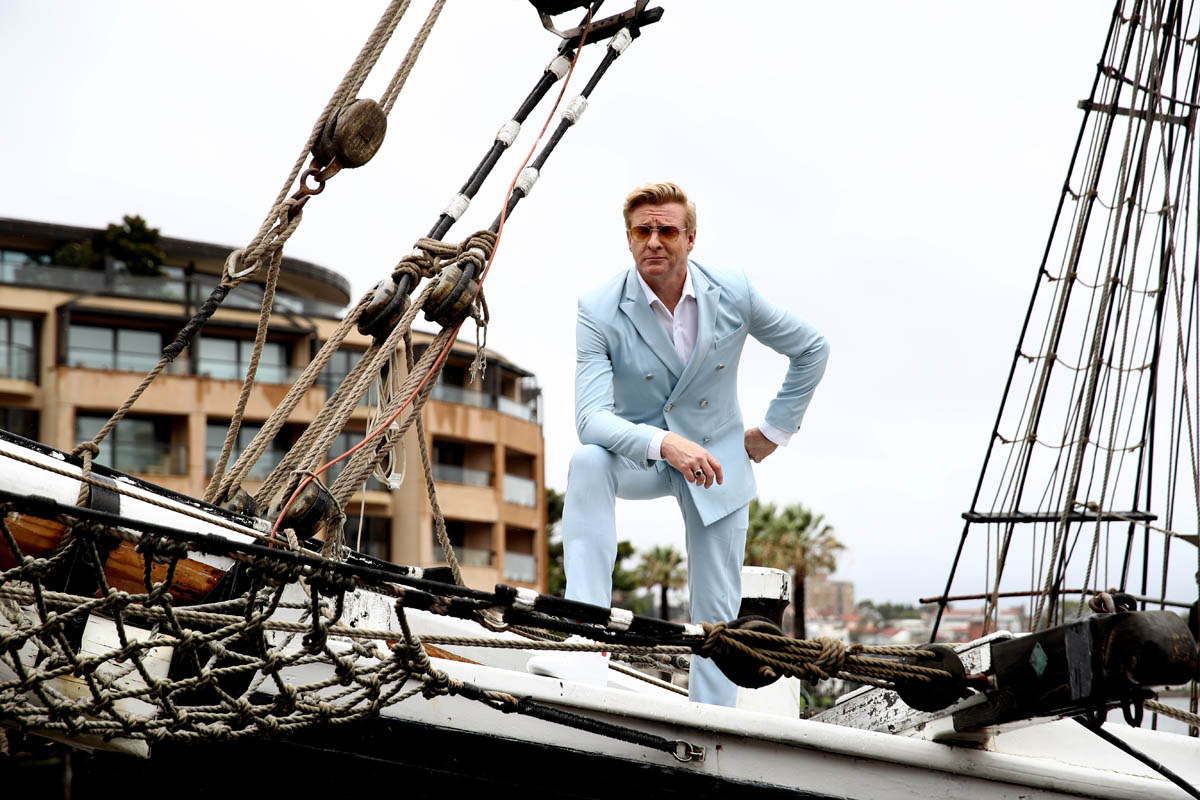
Our Flag Means Death, loosely based on the life of Stede Bonnet, the unlikeliest pirate in history, is not quite what you think it is. Created by David Jenkins and produced by Jenkins Taika Waititi—who also directs the pilot episode—Flag is one part workplace comedy, one part fish-out-of-water comedy, and one part drama. There are some great jokes ranging from gallows humor about the short life expectancy of a pirate to one member of the crew who spouts increasingly fantastical superstitions, but the overall tone of Flag is not as whimsical as, say, Flight of the Conchords, the comedy series which previously united Flag star Rhys Darby and Waititi (who directed some episodes of the HBO show). Stede Bonnet is a man who abruptly abandoned his life to become a pirate and was considered to be dispossessed of his mental faculties at the time of his death, and that specter of mental health settles on Flag early and does not budge, like a seagull perched on a probable cannibal’s head.
Darby stars as Stede, a well-meaning but bumbling gentleman who has taken to the high seas looking for adventure. He left behind a family and a comfortable existence as a wealthy landowner in Barbados, building his own ship and hiring his own crew and declaring himself a pirate captain despite doing very little pirating. Stede, besides having no idea how to sail, also doesn’t have the stomach for the kind of violence endemic to piracy and considers a good haul taking a houseplant from fishermen (though there are flashes of violence, not graphic, but some great visual gags involving blood and coconut heads do occur), and his crew is divided on his leadership. Some, like Oluwande (Samson Kayo), appreciate the relative ease of life aboard Stede’s ship, where they have to do very little work and receive a salary regardless of success at stealing. Others, like Black Pete (Matthew Maher), are more bloodthirsty and plot mutiny because Stede won’t let them kill anyone.
Hanging over all is the specter of Blackbeard (Taika Waititi), the most infamous pirate captain in the Caribbean, a folkloric hero to all pirates, including Stede. When Blackbeard hears about the “gentleman pirate”, he sets out to meet Stede, and here is where Flag slides into something that is simply not going to work for everyone. Haunted by an emotionally abusive father, childhood bullies—one of whom literally haunts him after Stede accidentally kills him—and a failed marriage (Sarah’s Channel star Claudia O’Doherty pops up as Mrs. Bonnet), Stede struggles not only with ennui but feelings of inadequacy and guilt. Blackbeard, meanwhile, is trapped by his own reputation, all the challenge gone out of piracy as ships surrender as soon as his flag is hoisted. A dissatisfaction similar to Stede’s seizes him, and these two very different men find common understanding in each other and form an unlikely friendship.
Flag can be very funny, but its heart lies not in its humor, which is more muted than you might expect, but in how it handles the emotions of unemotionally stunted men (and one woman on Stede’s crew). Stede just wants to belong, he wants the love and acceptance that has eluded him his whole life, and Blackbeard wants to rediscover the joy of being alive before he is inevitably killed. But Blackbeard is BLACKBEARD, a true rogue, and just because he likes Stede doesn’t mean he isn’t plotting against Stede, too. (In real life, they were akin to frenemies, and there were a couple of betrayals.) Darby is as quirkily charming as ever as the good-hearted but troubled Stede, hitting unexpected dark notes in an otherwise buffoonish character that keeps him from becoming too cartoonish. And Waititi gives his best performance since What We Do in the Shadows, playing so many layers in Blackbeard it becomes impossible to tell when he’s sincere and when he’s scheming.
The tangled knot of intimacies and lies between Stede and Blackbeard throws a steadily darkening pall over Flag, and for all the sea shanties and well-timed visual gags, the gallows humor introduced in the pilot becomes the dominate tone. Stede’s indefatigable cheeriness is just a façade covering a lifetime of emotional wounds, and there are moments that hint at much deeper and more serious mental health issues just waiting to explode. It’s sort of like if Ted Lasso never went to therapy and just gritted his teeth and kept spewing platitudes until he erupted and accidentally killed someone. Quirky Kiwi humor abounds, but underpinning it is real darkness and a sense of impending doom as it becomes increasingly clear nothing good will come from Stede’s association with Blackbeard. Our Flag Means Death is not the show I expected, and while I like it more for it, anyone looking for a Conchords-style quirk-fest will probably be disappointed.
The first three episodes of Our Flag Means Death are streaming on HBO Max from March 3 and will debut new episodes every Thursday through March 24.
https://www.youtube.com/watch?v=xFE8ASwxmpA

